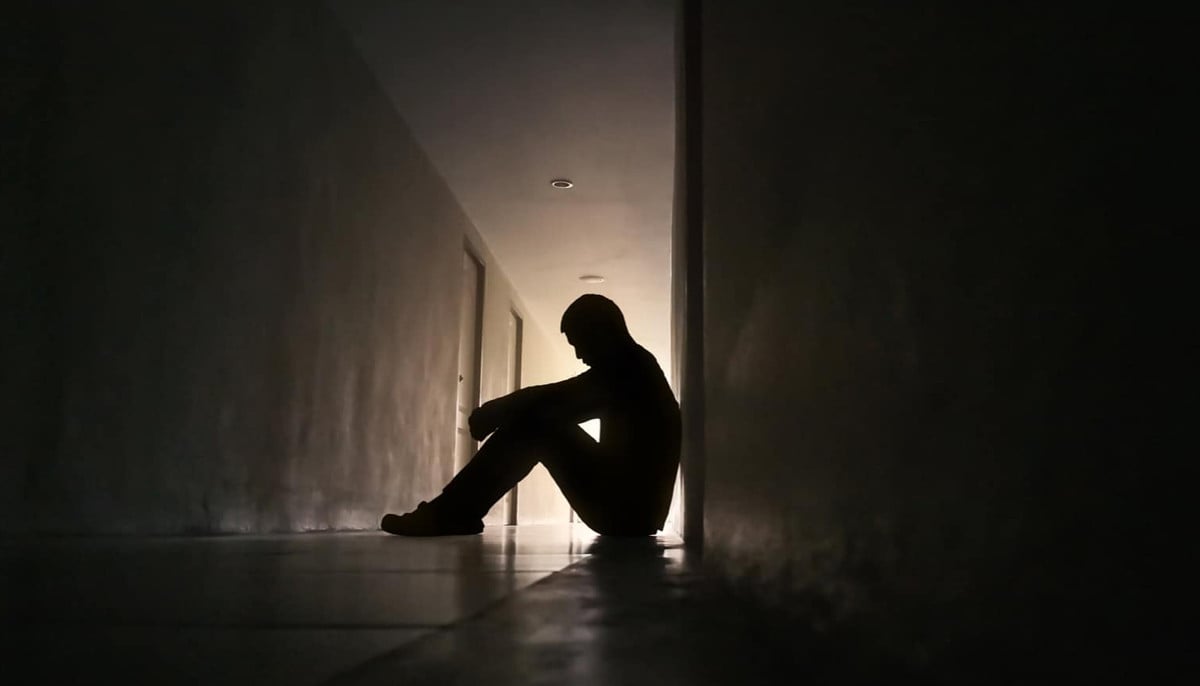Brain-eating bug claims first life of the year in Karachi
A 21-year old student from Orangi Town died at the Jinnah Postgraduate Medical Centre (JPMC) where he was brought with high grade fever and other complaints.
Karachi: Naegleria fowleri, often dubbed as brain-eating bug, claimed the first life of the year in Karachi on Saturday.
According to medics, a 21-year old student from the Orangi Town area of the city died due to devastating infection of the brain called primary amebic meningoencephalitis (PAM) at Jinnah Postgraduate Medical Center (JPMC).
“A 21-year old student from Orangi Town, Anas Aslam, was brought to JPMC with high grade fever and other complaints. Doctors suspected meningitis and the patient was shifted to ICU on deterioration of his health. He died yesterday due to complications of the disease”, Executive Director JPMC Dr. Seemin Jamali told The News on Saturday.
Dr. Seemin Jamali said they had sent the cerebrospinal fluid (CSF) for analysis and the lab report confirmed that the young patient was infected with lethal Naegleria fowleri infection. Naegleria is an ameba, single-celled living organism, commonly found in warm freshwater including lakes, rivers, and hot springs and soil. Experts say only one species (type) of Naegleria infects people.
Naegleria fowleri infects people when water containing the ameba enters the body through the nose. This typically occurs when people go swimming or diving in warm freshwater places, like lakes and rivers. The Naegleria fowleri ameba then travels up the nose to the brain where it destroys the brain tissue, experts say.
According to infectious diseases experts, one cannot be infected with Naegleria fowleri by drinking contaminated water adding that Naegleria infections occur when contaminated water from other sources (such as inadequately chlorinated swimming pool water or contaminated tap water) enters the nose, for example when people submerge their heads or cleanse their noses during religious practices, and when people irrigate their sinuses (nose) using contaminated tap water.
As per a recent study conducted by experts in Karachi and Saudi Arabia, Naegleria fowleri’s colonies have been found in the mud accumulated in the overhead and underground tanks of water in Karachi and as soon as weather conditions becomes favourable, they start growing and multiplying in huge numbers, posing a serious health threat to people who use non-chlorinated water.
Researchers say large colonies of Naegleria fowleri are present in the thick layers of mud accumulated in the overhead and underground tanks of the apartment buildings, homes and mosques in the city, spelling a major potential public health hazard.
Similarly, other experts have claimed that environmental pollution in Keenjhar Lake and the Hub Dam – where most of Karachi’s water comes from – has also increased the presence of Naegleria fowleri in fresh water. But, the city’s water utility has taken no steps to chlorinate the water before it is supplied, which is the most effective way of killing microorganisms.
Confirming the first death due to Naegleria fowleri in Karachi, Sindh health department’s focal person for Naegleria fowleri, Dr. Zafar Mehdi, said seven persons had lost their lives due to lethal infection caused by the brain-eating bug in Karachi in 2018 as Karachi Water and Sewerage Board (KWSB) is in the habit of providing non-chlorinated water to the citizens for last several years.
“Chlorination of water kills all the microorganisms but unfortunately, our water utility is not adding chlorine to the water and providing contaminated water to the citizens. As soon as health department forms Naegleria fowleri monitoring committee this year, we would start inspecting water pumping stations and swimming pools whether chlorinated water is being provided and used or not”, Dr. Zafar Mehdi added.
-
Late James Van Der Beek inspires bowel cancer awareness post death
-
Bella Hadid talks about suffering from Lyme disease
-
Gwyneth Paltrow discusses ‘bizarre’ ways of dealing with chronic illness
-
Halsey explains ‘bittersweet’ endometriosis diagnosis
-
NHS warning to staff on ‘discouraging first cousin marriage’: Is it medically justified?
-
Ariana Grande opens up about ‘dark’ PTSD experience
-
Dakota Johnson reveals smoking habits, the leading cause of lung cancer
-
Chris, Liam Hemsworth support their father post Alzheimer’s diagnosis












